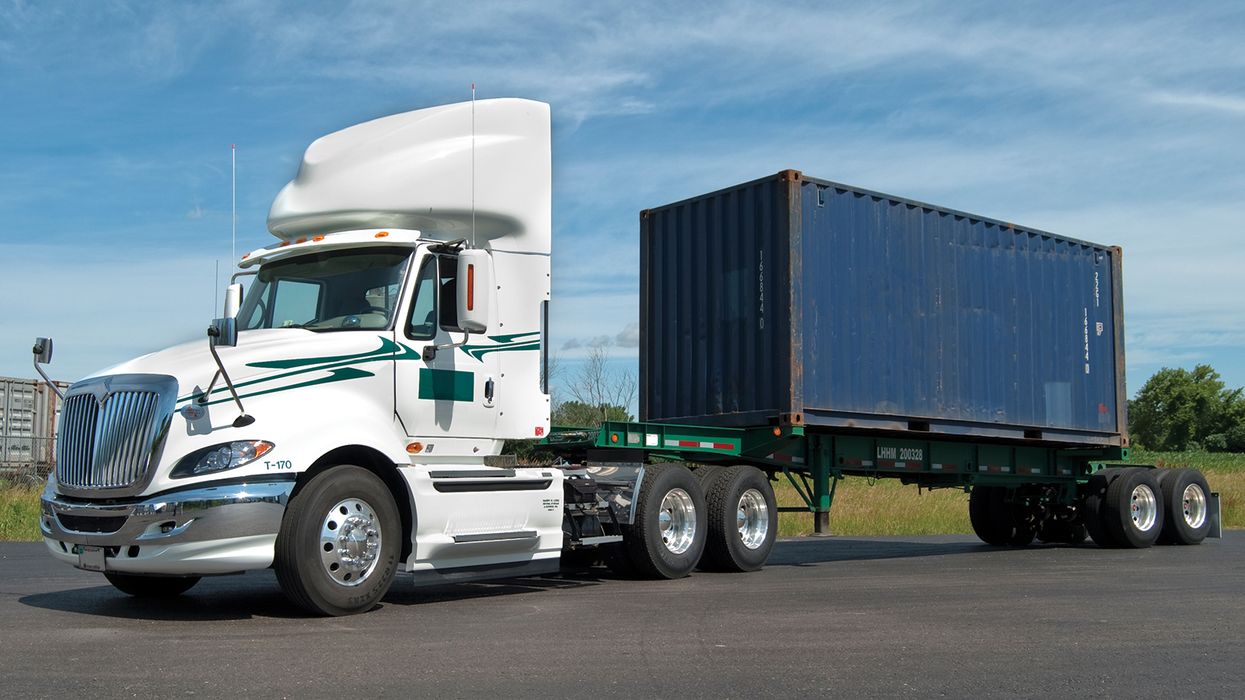California upends the leased contractor model - AB5’s impact and carrier options
A carrier’s capacity to move freight is the greatest determinant of revenue, and a primary source of drivers was just taken away for many.
On June 30, 2022, the California Trucking Association (CTA) was denied its request to have the U.S. Supreme Court hear its case about the state’s Assembly Bill 5 law (commonly known as AB5). The result was that the injunction on enforcing AB5 was lifted. AB5 is enforceable back to at least January 1, 2020.
Two key points to clarify:
- An independent contractor leased to a carrier to haul freight under the carrier’s DOT number in California is no longer allowed under AB5.
- Independent contractors, also known as owner-operators, can haul freight in California under their own DOT number and authority, just not under a lease to a trucking company.
Misclassifying drivers as contractors can be a costly mistake for motor carriers in any state, resulting in penalties for wage violations and unemployment claims.
Let’s look at AB5 and carrier options.
What is AB5?
The California labor law (AB5) went into effect on January 1, 2020, and made it harder for employers to classify workers as independent contractors.
Under AB5, a worker is an employee and not an independent contractor unless:
A. The person is free from the control and direction of the hiring entity in connection with the performance of work,
B. The person performs work that is outside the usual course of the hiring entity’s business, and
C. The person is customarily engaged in an independently established trade, occupation, or business.
These criteria are referred to as the “ABC” test. Point “B” is troublesome for motor carriers because leased contract drivers are in the same business as motor carriers.
If contractors are determined to be employees of a carrier, then they’re eligible for significant benefits like minimum wage, overtime pay, unemployment, etc.
At least one other legal test, the Borello test, will be applied in misclassification, wage, or unemployment cases. It focuses on the independence of the owner-operator’s business and the ability to make decisions about the work they accept and for which customers.
Carrier impact and options
Motor carriers operating in California heavily rely on owner-operators to haul freight – especially to and from ports.
If affected, carriers should consult a transportation attorney familiar with California labor law regarding the best path forward. However, some options to minimize the loss of driver capacity that carriers could consider but may not protect them from claims or penalties are:
- Convert contractors to employee drivers.
- Lease the truck from the independent contractor’s business and hire the contractor as an employee driver.
- Commonly referred to as a “two-check system,” the carrier cuts the driver a paycheck and a separate payment to lease the truck.
- Move contractors out of California and do not use them in California to haul freight.
- Terminate the leased contractors’ operating agreements and have the owner-operator obtain their DOT authority to accept broker freight.
- The carrier must obtain broker authority if they do not have it already.
- The contractor must accept freight from several customers to avoid being too economically dependent on the carrier.
Keys to remember:
Carriers with leased independent contractors hauling freight in California, regardless of where based, could be subject to unemployment payments, minimum wage claims, and penalties for unpaid employment taxes. These carriers should consult a transportation attorney familiar with California labor law to determine the best path forward.






















































